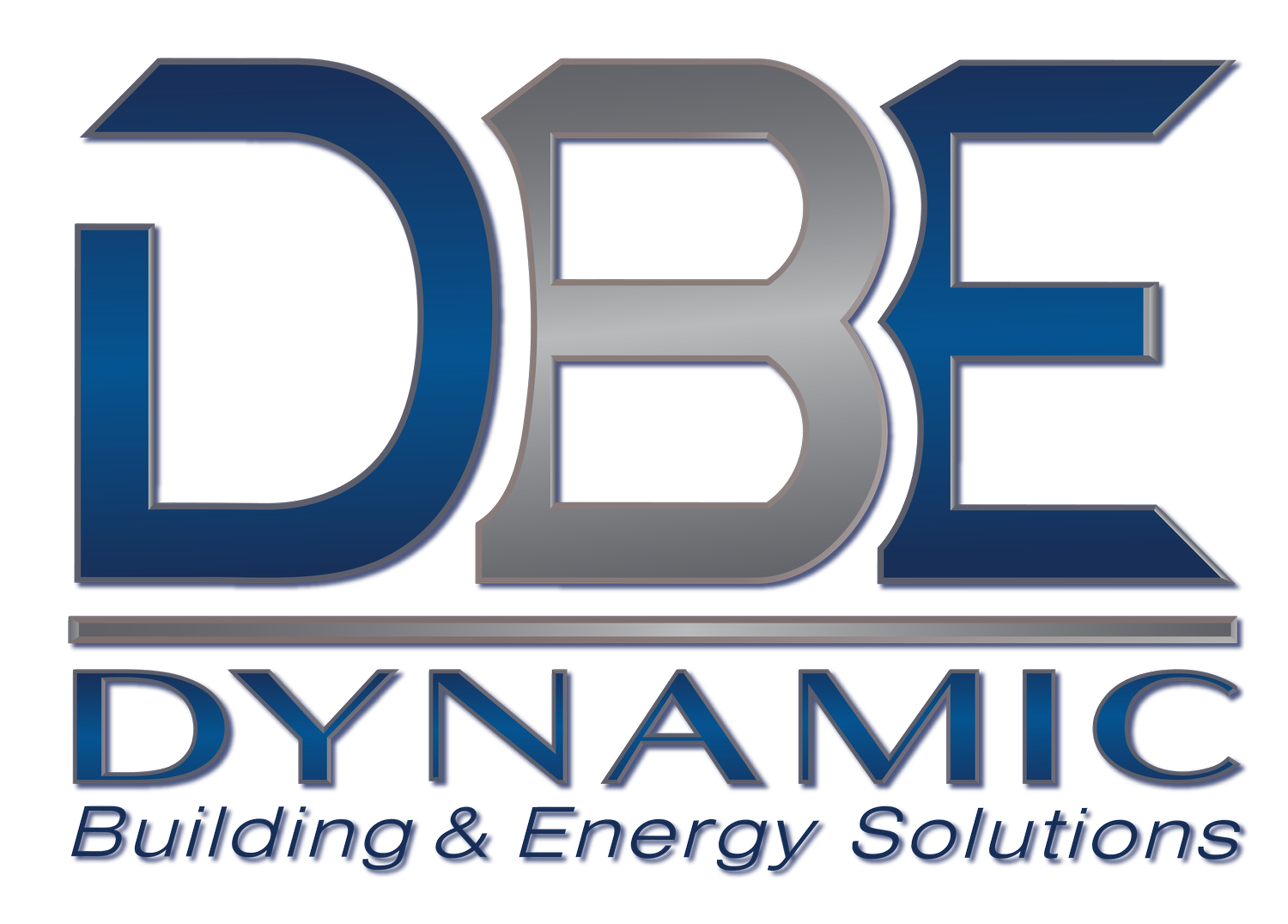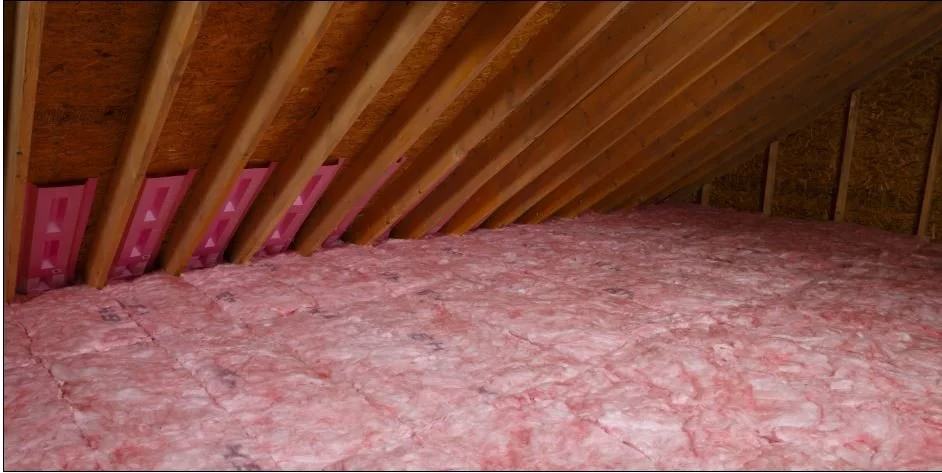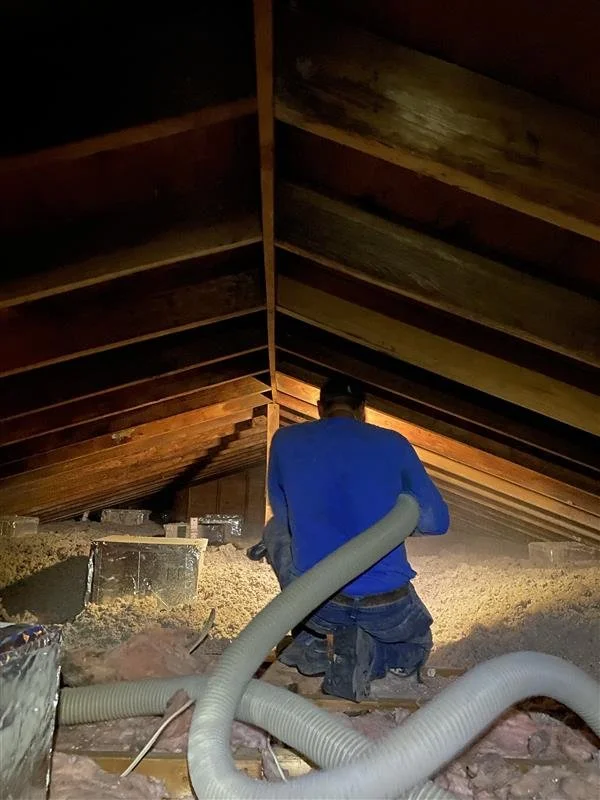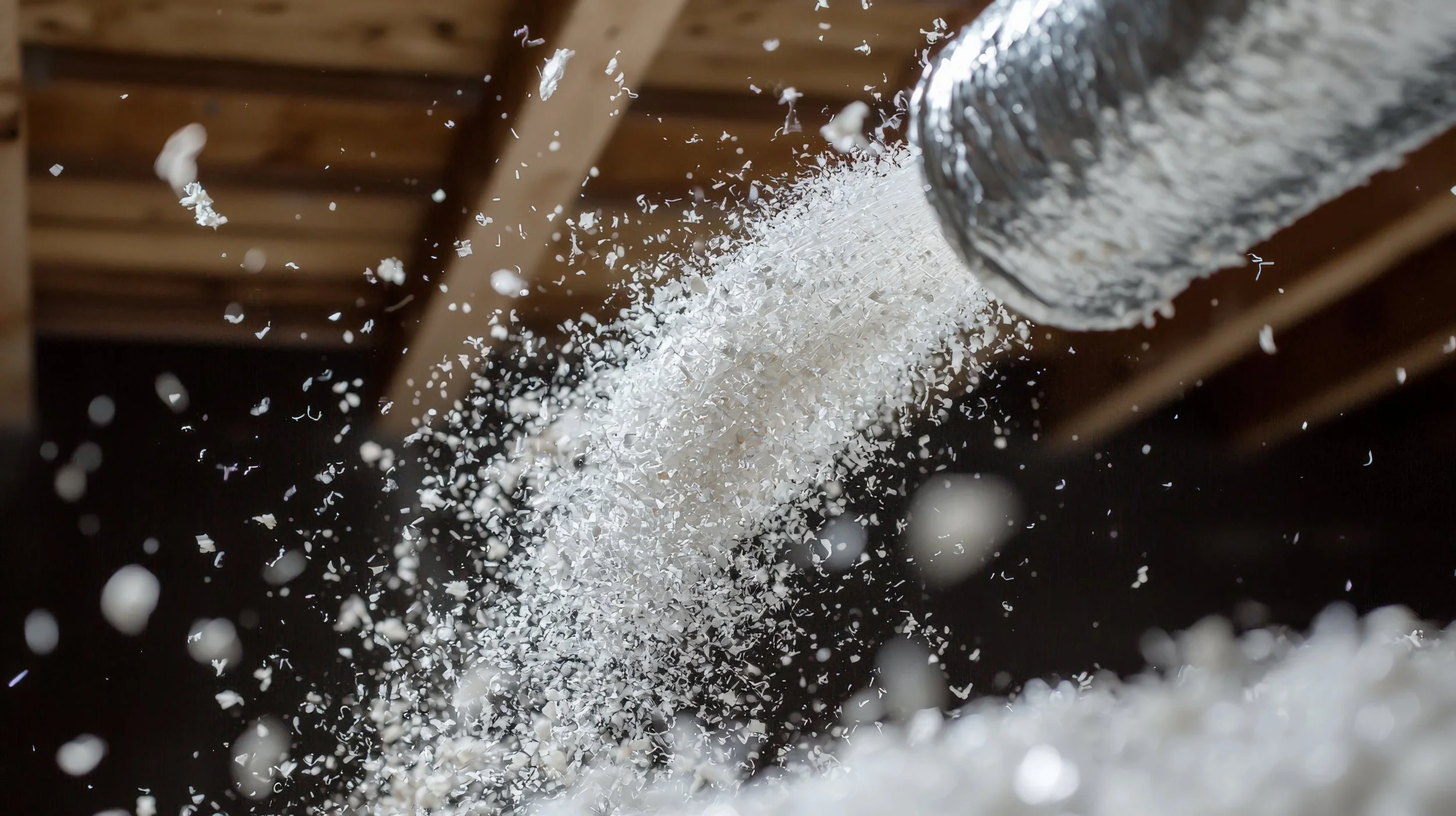
Insulation Services in Connecticut & Rhode Island
homes and businesses stay comfortable year-round while lowering energy costs. Serving all of Connecticut and Rhode Island, our experienced team delivers expert installation using proven techniques and durable, energy-efficient materials.
Whether you need to upgrade aging insulation, improve your building’s energy performance, or prepare for seasonal temperature changes, we tailor our solutions to your property’s needs.
Homes with little or no insulation are often to blame for inconsistent indoor temperatures and rising energy costs, especially in older properties. The good news? Many Connecticut homeowners may qualify to have part of their insulation project covered at no cost. Learn More.
Our Insulation Services | Types of Insulation
-
Fiberglass Insulation
Fiberglass insulation is a type of material that is both environmentally friendly and energy efficient. Fiberglass itself is made of tiny glass fibers that are woven in to a fabric-like material to use as insulation.
Easy To Install
Fiberglass insulation has an incredible flexibility, which means that it can be installed almost anywhere in your home. Recommended uses for fiberglass insulation include; attic, floors, basement, and exterior walls.
Eco-Friendly
Fiberglass insulation is made with a sustainable material, so you don’t need to worry about making a negative impact on the environment with this insulation.
Traps Air & Noise
Fiberglass insulation traps the airflow from the outside, eliminating the transfer of air from outside to inside. The same is true for outside noise, saving you from loud noises.
Energy-Saving
Fiberglass insulation can save homeowners money on energy costs, while improving your home’s energy efficiency.
-

Cellulose
Cellulose insulation is primarily composed of 80–85% recycled paper products. This material is processed into small pieces and treated with fire-resistant and insect-resistant chemicals, making it a safe and effective insulation option for homes.
Benefits of Cellulose Insulation
Energy Efficiency
Cellulose insulation has a high R-value, which means it provides excellent thermal resistance, helping to reduce heating and cooling costs.Eco-Friendliness
Being made from recycled materials, cellulose insulation is one of the most environmentally friendly insulation options.Sound Control
The dense nature of cellulose insulation helps in soundproofing, making it effective in reducing noise transmission between rooms and from outside.Fire Resistance
Treated with fire-retardant boric acid, cellulose insulation has a Class 1 flame spread rating, ensuring safety in case of fire. Boric acid also makes cellulose a pest and insect deterrent.Moisture Control
Cellulose can help protect against air and moisture infiltration, which can reduce the risk of mold growth.Installation Methods
Cellulose insulation can be installed as blown-in or dense-packed insulation. It is typically used in attics and walls, filling gaps and crevices to create a continuous thermal barrier. Professional installation is recommended to ensure proper density and coverage. -

What is Air Sealing?
Air sealing involves locating and sealing all the nooks, crannies, gaps, and open seams throughout your home to minimize unwanted air leaks, which can lead to energy loss and discomfort. Common areas where air leaks occur include window frames, doors, attics, and areas around plumbing or electrical fixtures.
Caulk: Ideal for sealing small cracks and seams around stationary objects like window frames & trim
Weatherstripping: Used to seal leaky gaps around moving parts like doors and windows.
Expanding Foam: Effective for filling larger leaky gaps and voids, especially around pipes and wiring.
Rigid Foam: Provides a solid barrier against air leakage, often used in attics and crawl spaces.
Air Barriers: Materials like tapes, wraps, or fluid-applied sealants that block air movement through building cavities.
Flashing: Used around windows and doors to prevent water and air infiltration.
Specialized Sealants: In some cases, aerosolized sealant systems or specialized tapes may be used for specific applications.
Benefits of Air Sealing
Improves Comfort: Air sealing helps to eliminate drafts and maintain a consistent temperature throughout your home, making it more comfortable.
Controls Moisture: Air sealing helps control moisture levels, inhibiting mold and mildew growth.
Reduces Wear on HVAC Systems: Reducing the workload on heating and cooling systems extends the lifespan of your home's HVAC equipment.
Improves Indoor Air Quality: Air sealing aids in the prevention of allergens and pollutants from entering your home.
-
Rockwool Thermal Insulation
Rockwool, also known as stone woolor mineral wool, is an insulation material made by melting natural basalt rock and recycled slag at extremely high temperatures and spinning the molten material into fine fibers.
Thermal Insulation: Rockwool's dense, fibrous structure traps air, providing excellent thermal resistance.
Sound Absorption: The same fibrous structure also absorbs sound, reducing noise pollution from airborne and impact sounds.
Non-Combustible: Rockwool is fire-resistant and can withstand high temperatures, making it a safe choice for fire-rated walls, ceilings, and floors.
Moisture Resistance: Rockwool does not absorb or retain moisture, stopping the growth of mold and mildew.
Durability: Rockwool is a durable material that does not sag or degrade over time, maintaining its insulating and sound-absorbing properties for decades.
Pest Resistance: Rockwool does not appeal to pests or insects, making it a perfect choice for pest-prone areas.
Sustainability: Many Rockwool products are made from recycled materials and are recyclable
Common Uses: Used for insulating walls and floors in homes
It is commonly used in home theaters and interior walls to reduce noise transmission.
Used to insulate ducts and pipes in HVAC systems to improve energy efficiency.
Before
During
After
Depth of insulation
Dynamic Building & Energy Solutions will inspect the condition of your existing insulation and calculate the current R-value. Your attic should have a certain amount of insulation. Attic insulation is crucial for energy efficiency because it serves as a vital barrier between your home's interior and the outside environment, helping to control the flow of heat in and out of your living space. Keep your home warmer in the winter and cooler in the summer. This is why insulation is essential for energy efficiency.
Ice dams on the roof
In the winter, when heat escapes from a poorly insulated attic, the escaping air warms the shingles, melting the snow, which runs down the roof to the eaves. Since the eaves are cold, the water freezes when it reaches them, forming ice. The accumulated ice does not allow additional water to drain off the roof, causing ice to form under shingles and melted snow to enter ceilings and walls.
Our Insulation Process
-

Assessment
We identify where energy is being lost and seal critical air leaks, and recommend which insulation type will perform best.
-

Recommendation
You’ll receive a tailored plan with transparent pricing.
-

Installation
Our trained team installs insulation efficiently and with minimal disruption.
-

Follow Up
We ensure everything is sealed, secure, and performing as expected.
Dynamic Building and Energy Solutions Insulation
At Dynamic Building and Energy Solutions we are obsessed with identifying and implementing only the most efficient and cost effective insulation measures. Most insulation products work great. The trick is to identify the best application for each product. When it comes to insulation the quality of the installation is absolutely critical to overall performance. Insulation, air sealing and duct sealing are the most important and cost effective ways to make your home more comfortable and energy efficient.
About Attic Insulation
Make your home warmer in the winter and cooler in the summer! This can be accomplished very quickly, easily and cost effectively by adding insulation in your attic. The US Department of Energy recommends improving attic insulation in the New England area to R-60. Air Sealing and adding attic insulation are excellent ways to reduce heating and cooling costs by up to 25% and add to resale value.
Save on Heating & Cooling with Our Professional Insulation Services
Why Proper Insulation Matters
Quality insulation is one of the smartest investments in your property. The benefits include:
-

Lower Energy Bills
-

Environmental Impact
-

Noise Reduction
-

Improved Comfort
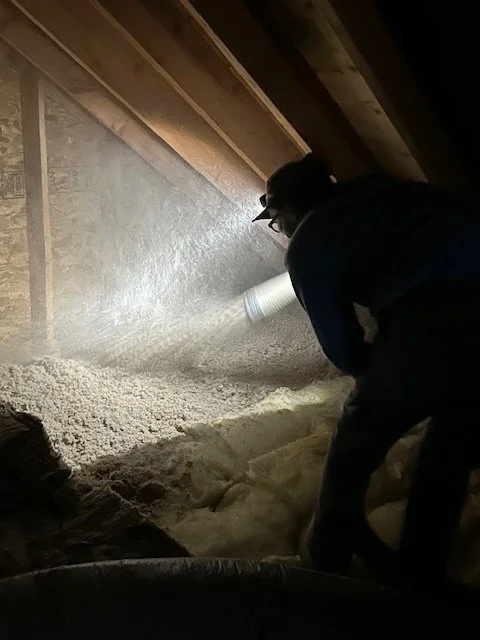
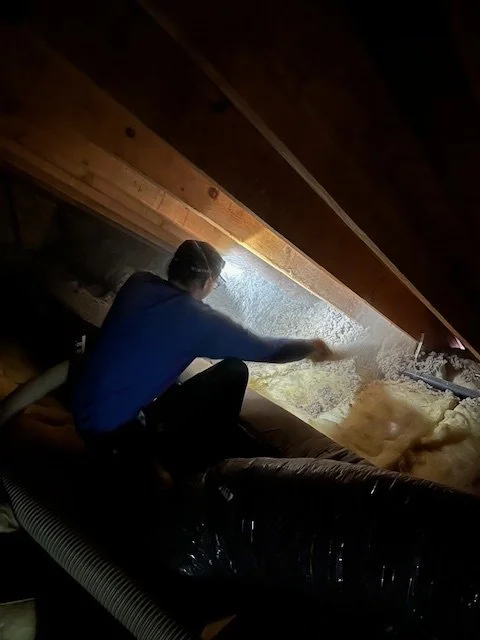
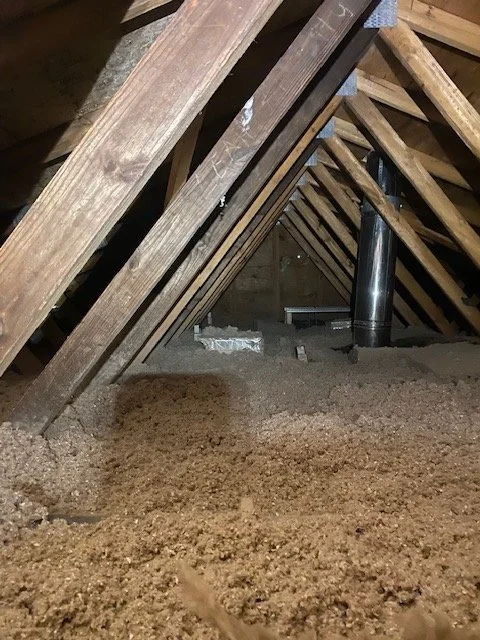
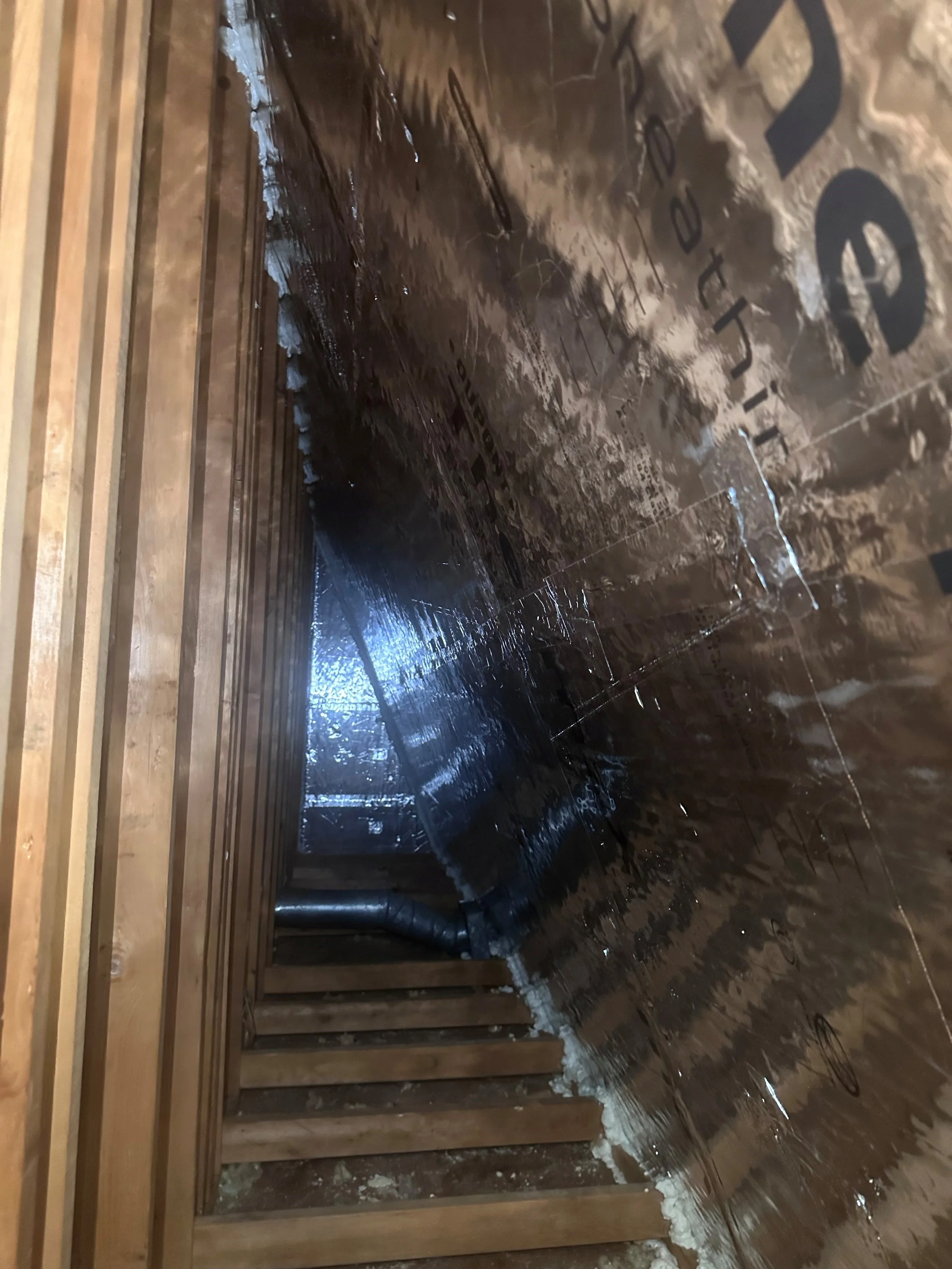
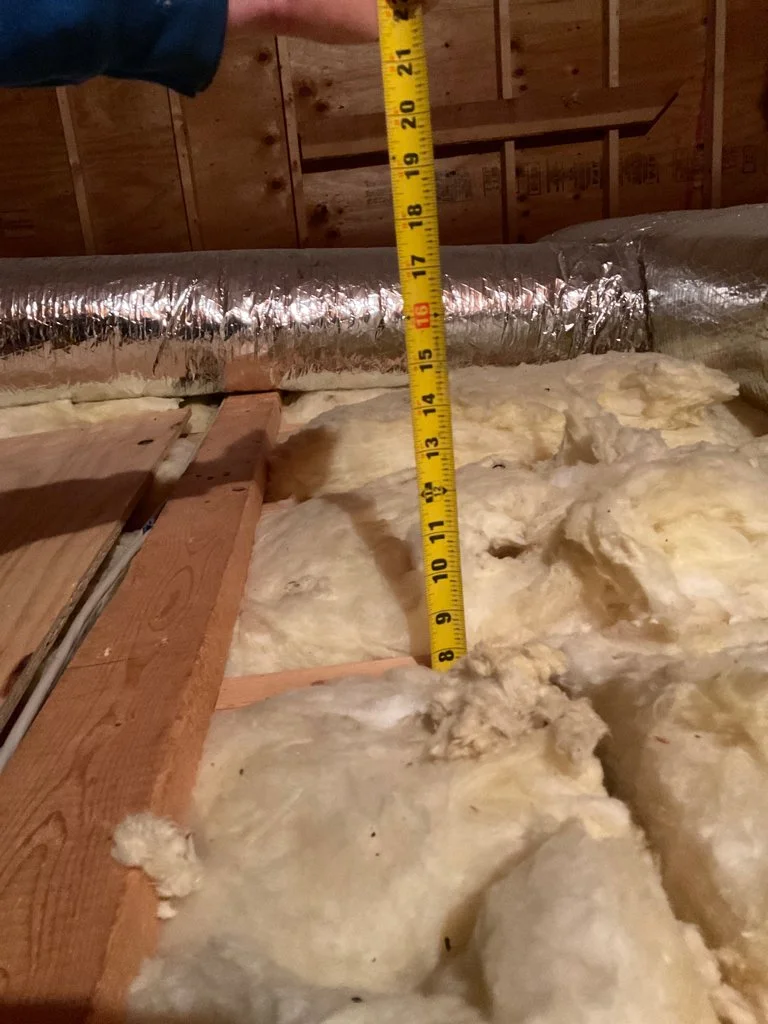
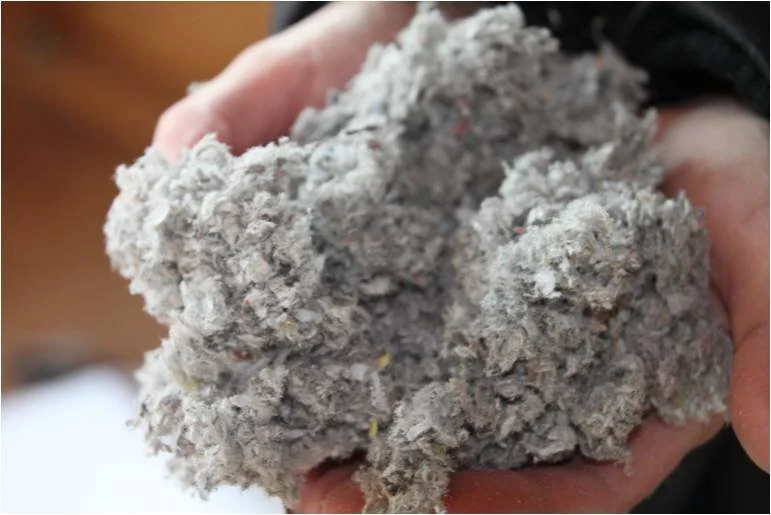
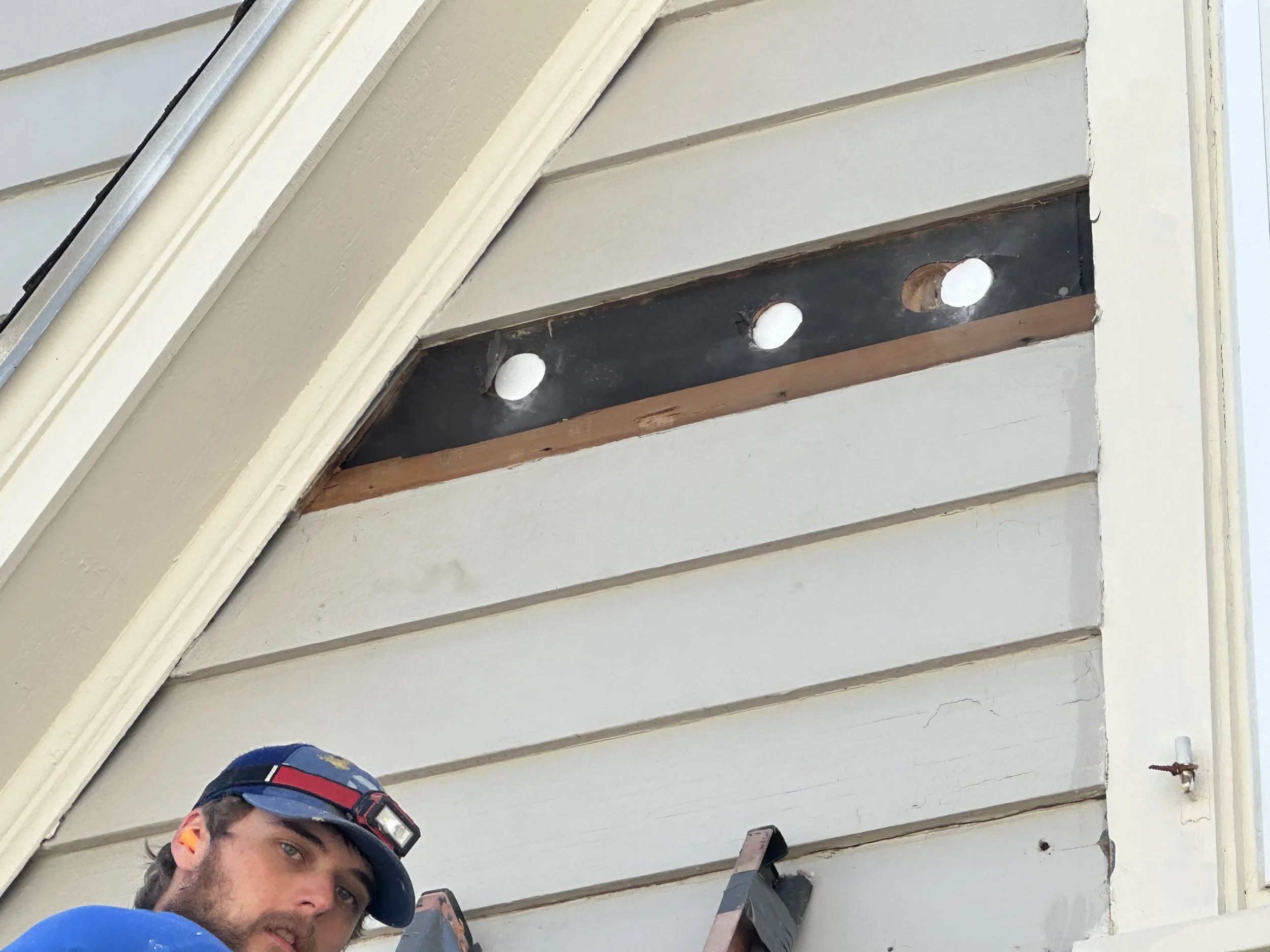
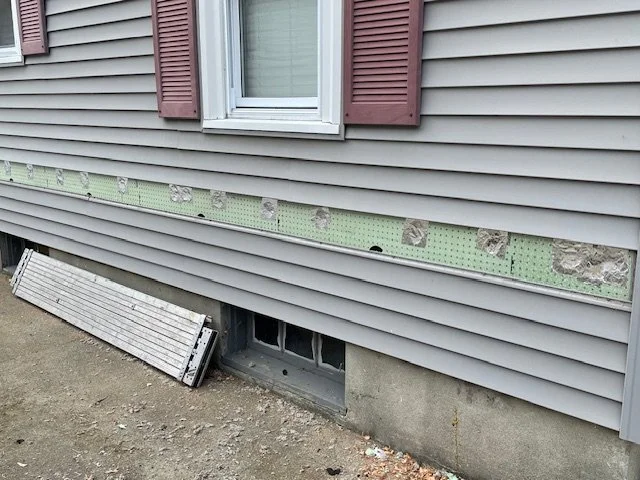
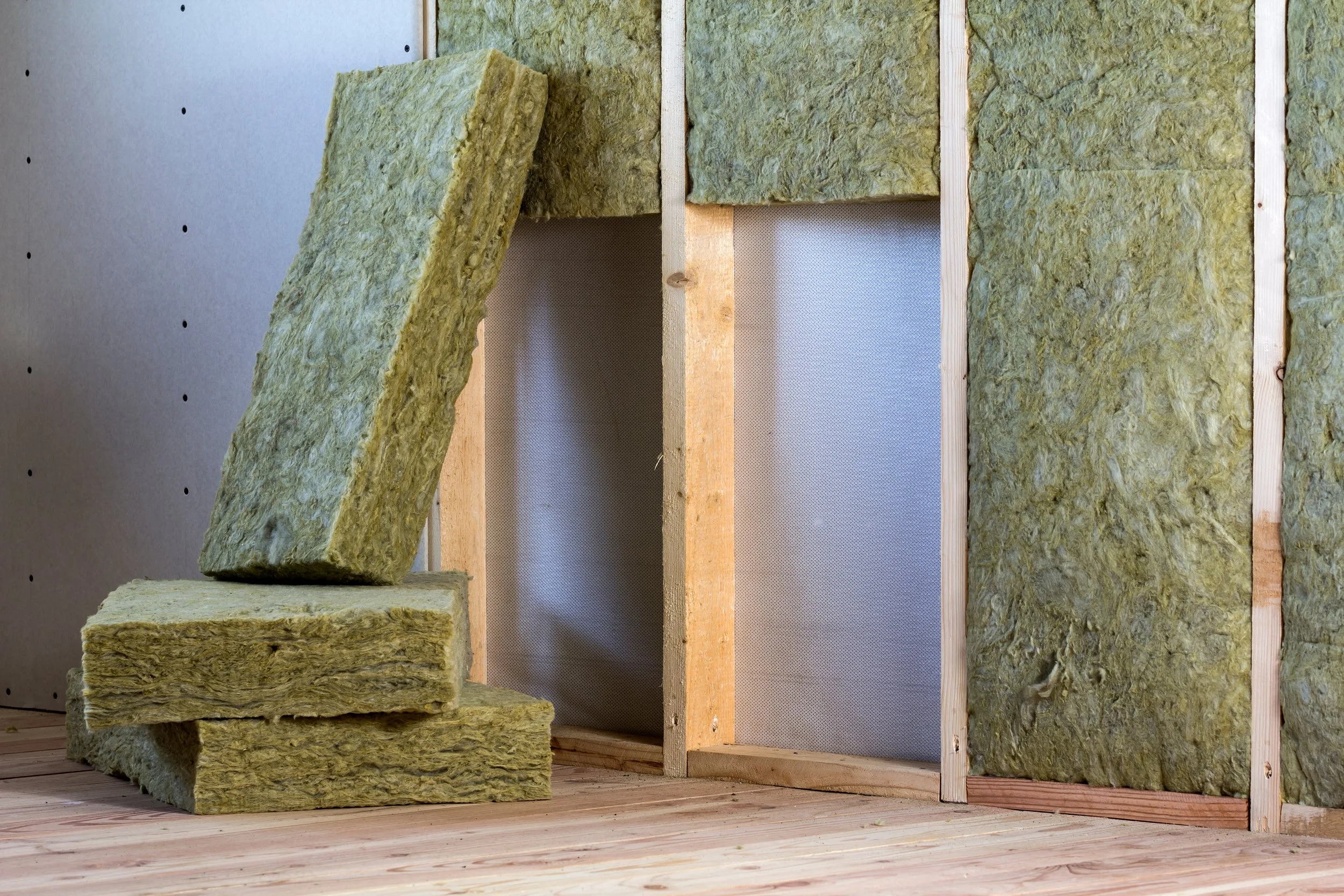
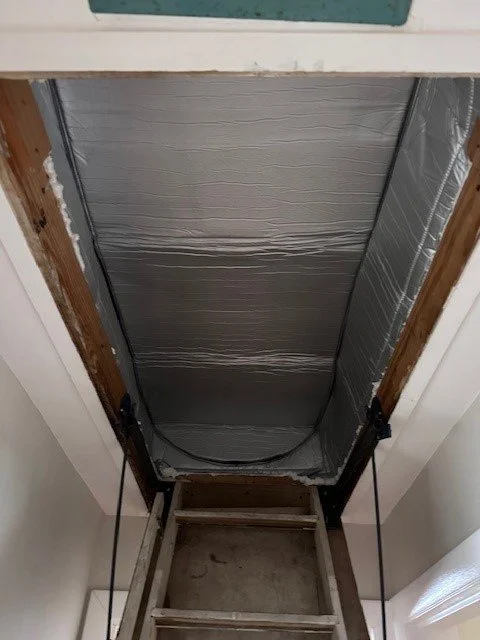
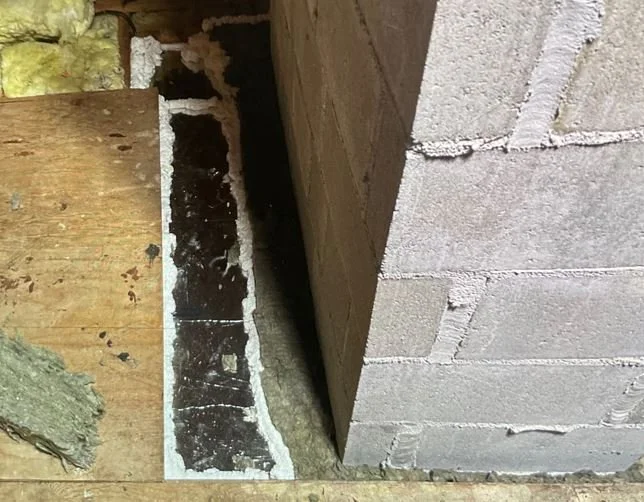
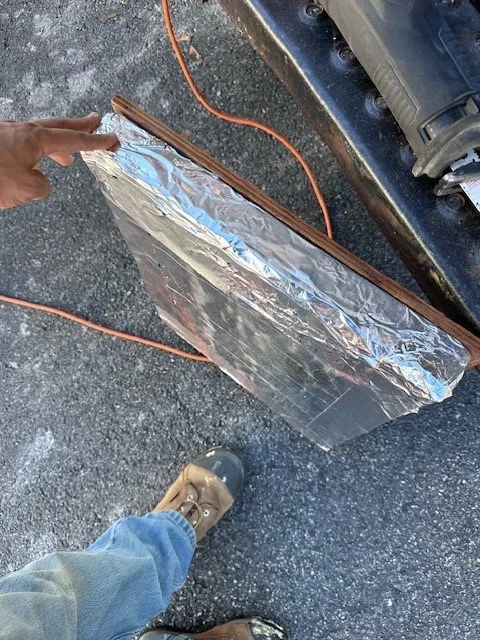
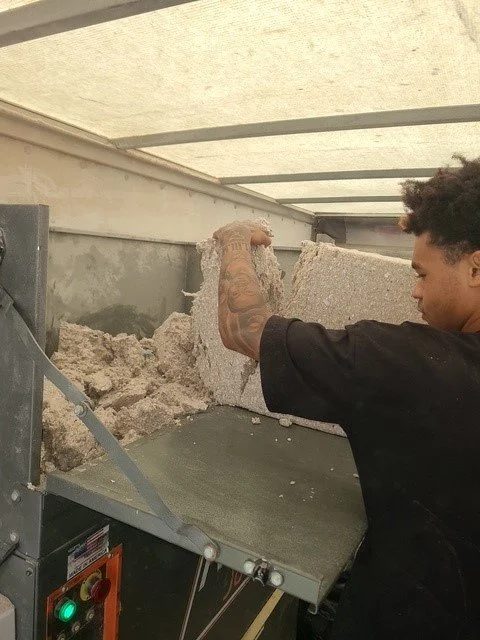
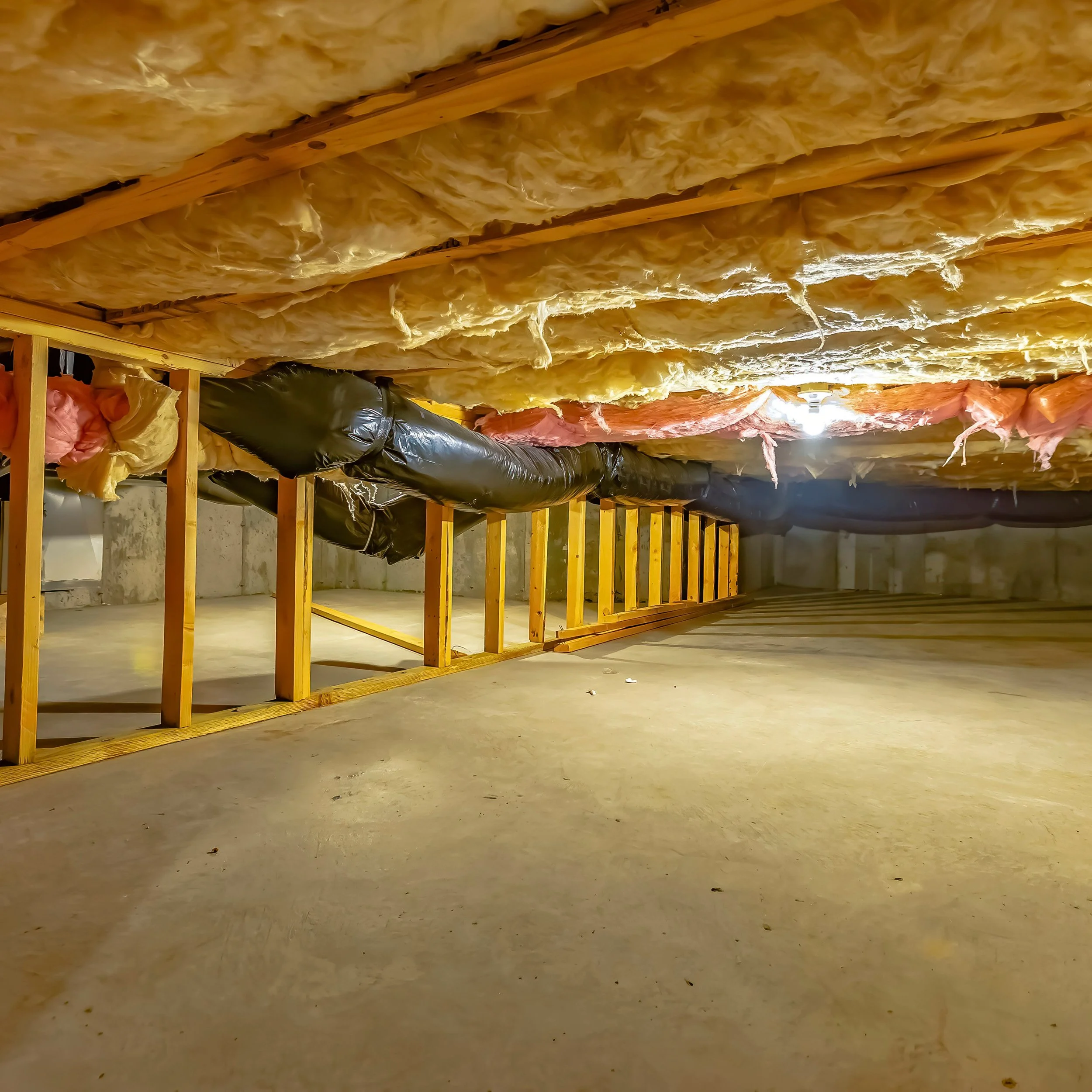
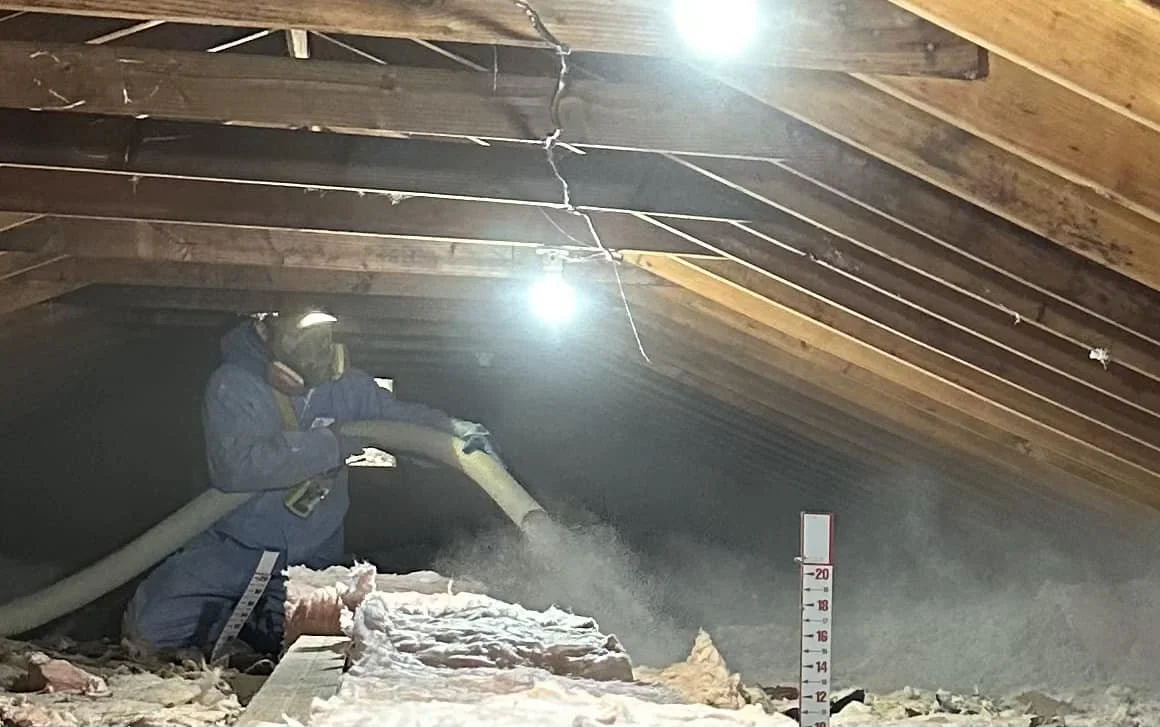
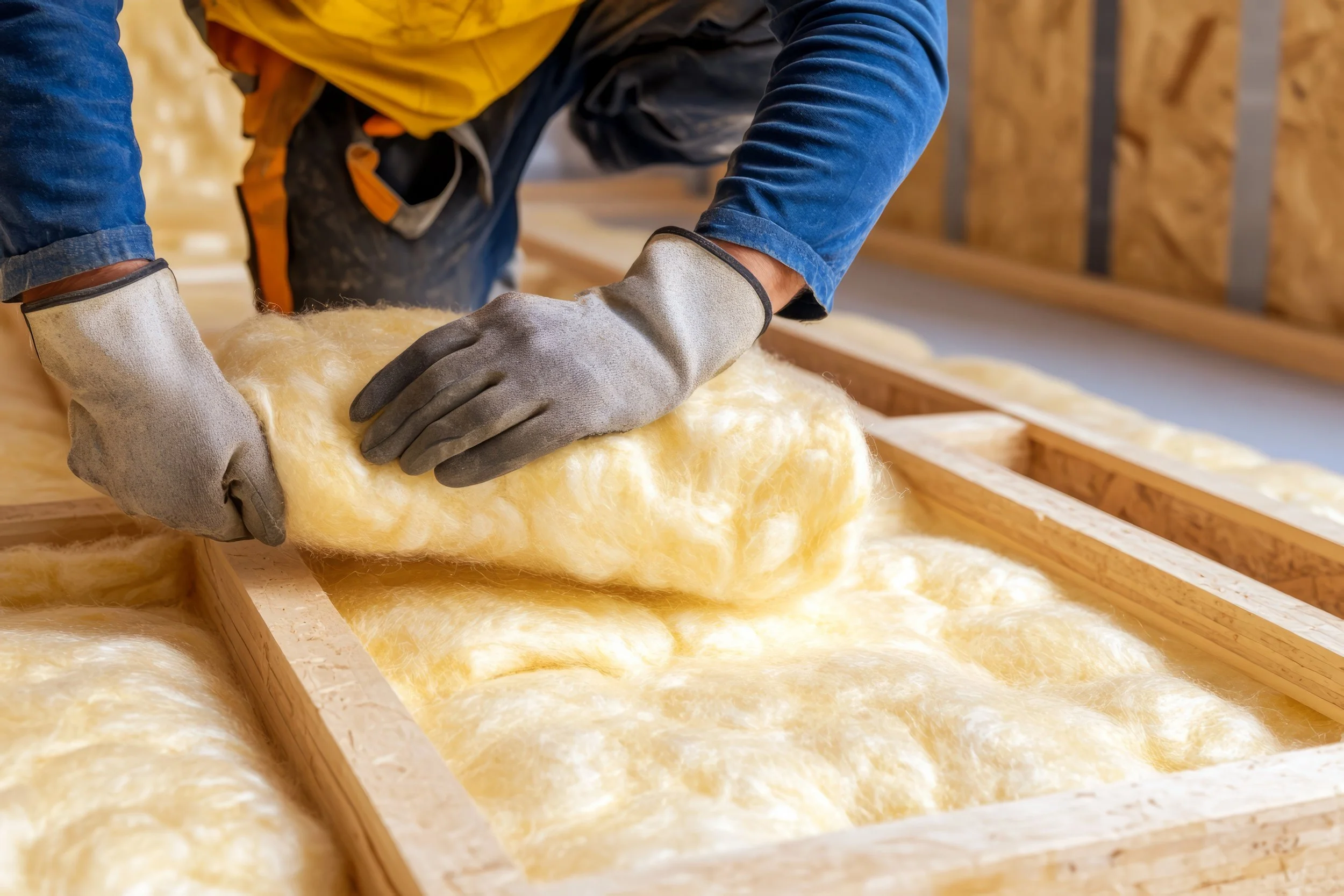
Proudly Serving CT & RI
We serve homeowners, property managers, and businesses throughout:
Connecticut – New London, Middlesex, Hartford, and New Haven Counties, including: Mystic, Stonington, East Lyme, Waterford, Old Saybrook, Norwich, Groton, Ledyard, New London, Old Lyme and more.
Rhode Island – Providence, Kent, Washington, and Newport Counties, including: Westerly, Lincoln, Exeter, Richmond, South Kingstown, North Kingstown and more.
Insulation Frequently Asked Questions
-
The best insulation depends on your home's structure, energy needs, and budget. In Connecticut and Rhode Island, spray foam insulation is ideal for maximum energy efficiency and air sealing. Blown-in cellulose is great for attics and existing walls, while fiberglass batts work well in open wall cavities. During your free energy assessment, we’ll help you choose the best insulation type for your home and climate.
-
Insulation costs vary depending on your home's size, the type of insulation used, and which areas need treatment (attic, walls, basement, etc.). In Connecticut and Rhode Island, the average cost typically ranges from $1.50 to $4.50 per square foot. We offer competitive pricing and free consultations to give you an accurate estimate tailored to your home.
-
Common signs your home needs better insulation include:
Uneven temperatures between rooms
Cold drafts or hot spots
High energy bills
Ice dams in winter
Indoor humidity issues
If you're experiencing any of these, we recommend scheduling a free energy assessment to evaluate your insulation levels and recommend improvements.
-
Most home insulation projects are completed in 1 to 2 days, depending on the size of your home and the insulation type. Spray foam may require additional curing time, while blown-in or batt insulation can often be done more quickly. We’ll give you a detailed timeline before the project begins.
-
Absolutely. We provide free in-home energy assessments to evaluate your insulation, air leaks, and overall energy performance. These assessments help homeowners in CT and RI understand where energy is being lost and how new insulation can lower their heating and cooling costs.
